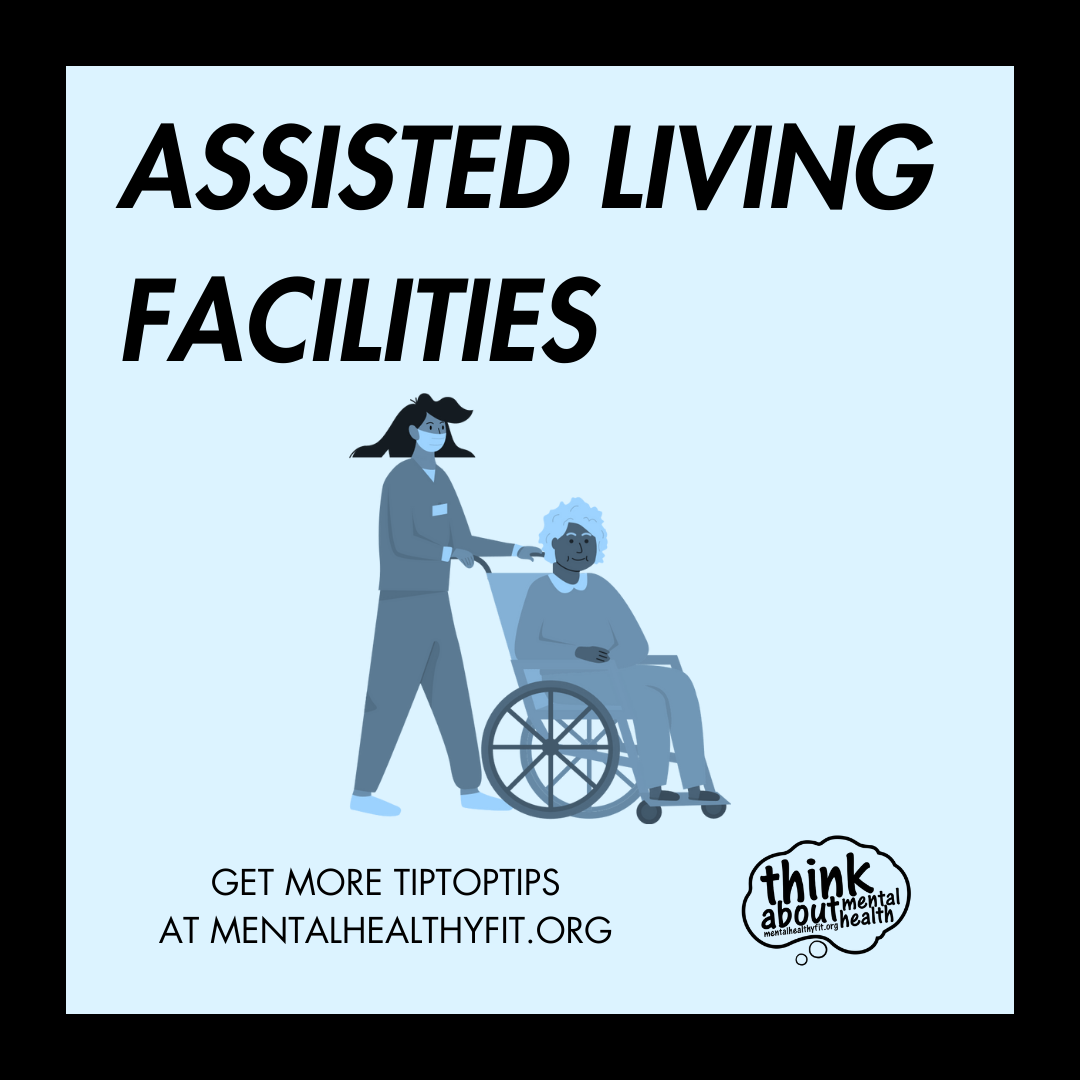Assisted Living For People With Mental Health Disorders
When thinking of age-related health issues, physical infirmity probably springs to most people’s minds; however, seniors are also prone to mental health disorders. Another exciting transition is retirement, which many people anticipate with enthusiasm but might trigger or exacerbate mental health issues.
Although there are insufficient studies into seniors’ mental health, those that do exist expose cause for concern. For example, almost one-fourth of seniors in the United States are believed to be socially isolated and approximately two-thirds don’t get the mental health treatment they need. Assisted living facilities provide safe, secure and sociable homes with staff trained to care for residents with mental health issues. This guide provides an overview of the mental health conditions that seniors typically face and how assisted living can help.
Some mental health conditions are common among seniors. Given their general prevalence, however, there are often a variety of ways to treat them.
The World Health Organization (WHO) states 15% of adults aged 60 and older have a mental disorder. Many factors can trigger these disorders, including but not limited to, chronic pain, chronic stress, and physical health.
Seniors living with mental health conditions don’t need to suffer alone. There are several types of care available, and the best option depends on the individual. Here are three of the most common housing options for seniors in need of mental health treatment.
Assisted living is nonmedical care delivered in a homelike community. Residents live in private or shared rooms, typically with kitchenettes and bathrooms. Trained caregivers assist with activities of daily living (ADLs), which may include bathing, dressing, toileting and eating. Structured social and wellness programs help residents stay mentally and physically active and encourage them to develop friendships with other residents. Most people live reasonably close to an assisted living facility.
Nursing homes deliver 24/7 medical care to seniors requiring short-term help to recover from illness or surgery and those with enduring conditions needing long-term support. The environment is more homelike than a hospital. Residents live in private or shared rooms with fresh meals served daily. An estimated 65% to 91% of nursing home residents have a significant mental health disorder. Residents may be able to receive therapy and medication management to treat mental health conditions in nursing homes.
In-home care can be nonmedical or medical. Nonmedical care can range from simple companionship to helping with activities of daily living (ADLs), such as bathing. Medical care is typically delivered by registered nurses and therapists, including injections and physical therapies. Caregivers aren’t typically on-site 24/7 but can become available for an additional cost. In-home care can provide supportive companionship for seniors with mental health conditions.
Studies have shown that quality housing can support recovery from and management of mental health conditions. Assisted living facilities must maintain high standards or they risk losing their licenses. With appropriate support, seniors can benefit from care at an assisted living community.
Special thanks to Caring.com for the insight and further information about assisted living for adults with mental health conditions.
To learn more, please head over to https://www.caring.com/senior-living/assisted-living/options-for-seniors-with-mental-health-conditions/ .

